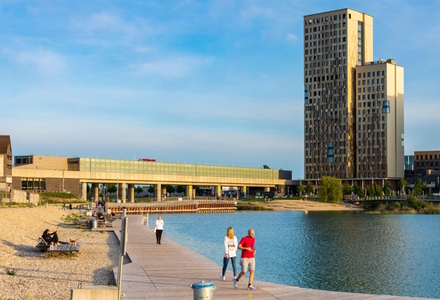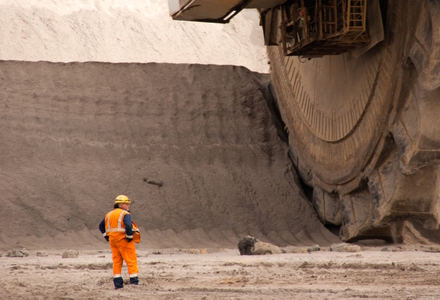Heavy additional demand for commodities like cobalt, lithium, copper, aluminium and iron. Countermeasures include behavioural changes in mobility, housing and nutrition.
MCC-hosted event “What Works Climate Solutions Summit” will be a great opportunity for scientific exchange, policy dialogue, and networking.
MCC Director Ottmar Edenhofer: “The conflict of beliefs over the core instrument of climate policy can be resolved with facts.” Calculation concept is also suitable for updates.
Two studies co-authored by MCC shed light on the opportunities for policymakers to incentivise this, and on the importance of this topic using China as an example.
An MCC-led study based on health insurance data uses rigorous methodology to quantify the cause-effect relationship. Relevant also for more far-reaching driving bans.
Taking its cue from the UN Emissions Gap Report. Countries’ current plans to extract CO2 from the atmosphere are off-track to comply with the 1.5-degree limit.
One gigatonne per year by mid-century. An MCC study determines the potentials, various co-benefits and possible barriers to implementation.
Understanding governments’ motives is crucial to strengthening climate action. Analysis in the top journal JAERE with confidential data from the world’s fourth largest country.
A study in the top journal JAERE quantifies welfare losses for employees and recommends that policymakers compensate by subsidising job changes instead of early retirement.
Study shows costs of a hypothetical carbon price path in line with EU climate targets. On average 15 percent of basic rents, large differences depending on the building.















